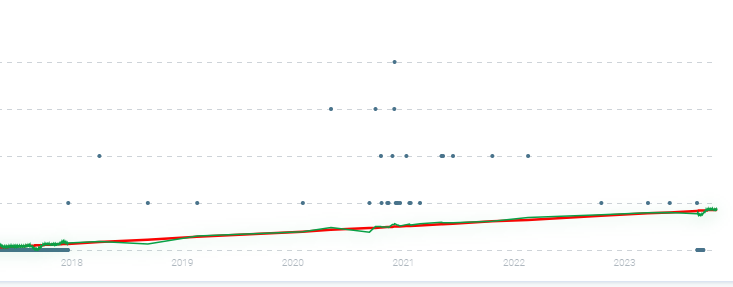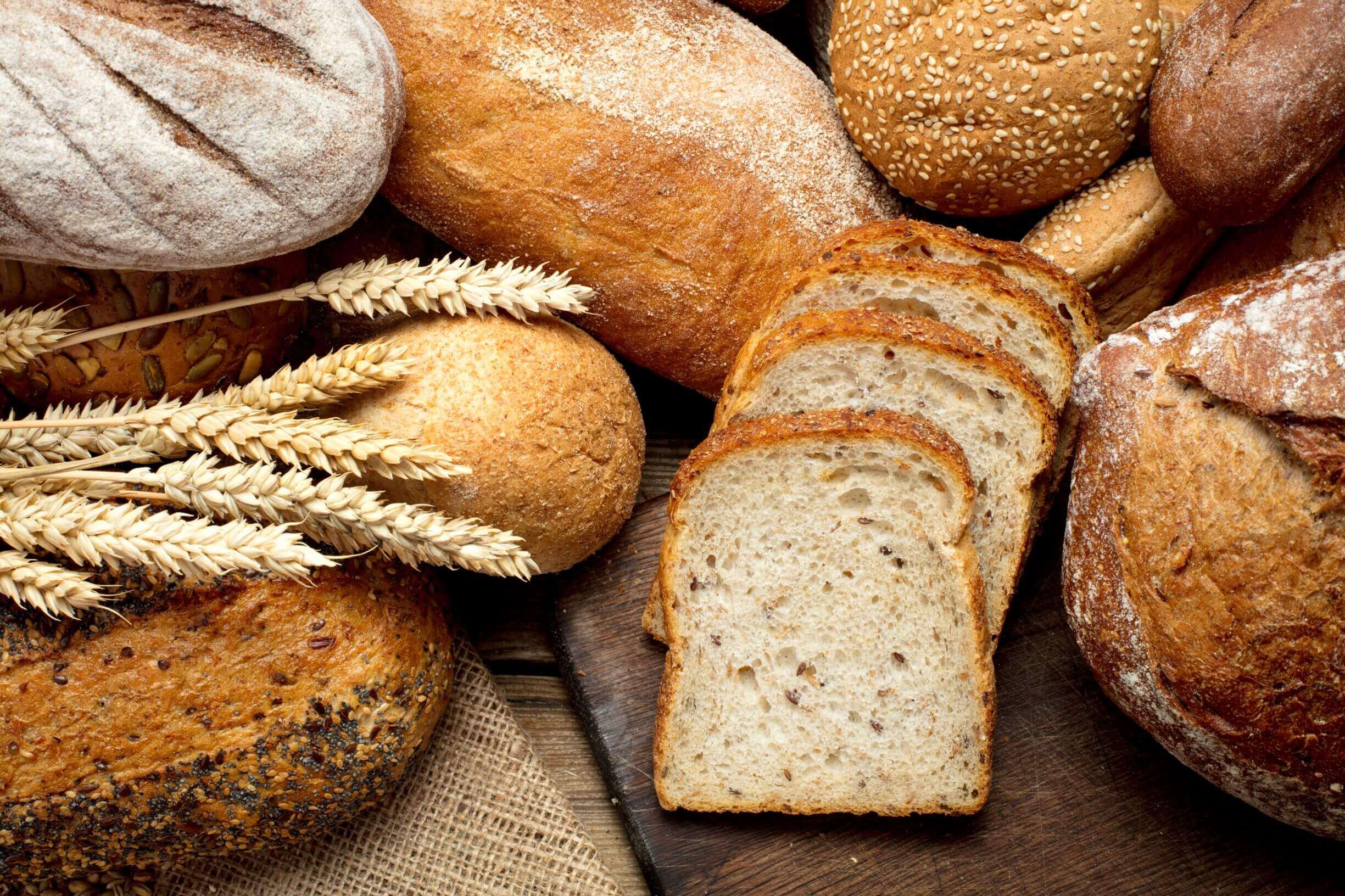In today's culinary landscape, carbohydrate-rich foods like bread, cookies, French fries, and chips are staples in many diets. However, a chemical reaction known as the Maillard reaction occurring during their preparation has raised concerns about a potentially harmful compound - acrylamide. This article delves into the development of acrylamide in foods, the implications of its carcinogenic effects, the role of EU regulation in addressing this issue, and emerging concerns surrounding innovative ingredients.
The Maillard Reaction and Acrylamide Formation
When carbohydrate-rich foods are exposed to high temperatures exceeding 120 degrees Celsius, a chemical reaction known as the Maillard reaction takes place. This reaction involves the interaction between reducing sugars and amino acids, especially asparagine, resulting in the formation of acrylamide. Acrylamide contributes to the desirable roasted aroma and flavor of many cooked foods, but its potential health risks cannot be ignored.
Carcinogenic Concerns and the Need for Regulation
Studies conducted on animals have shown that acrylamide has carcinogenic effects, sparking concerns about its impact on human health. In response to these concerns, the European Commission introduced Regulation (EU) 2017/2158. This comprehensive regulation is designed to address the presence of acrylamide in a wide range of food products, including French fries, potato crisps, coffee, and bakery items. The regulation not only outlines acceptable acrylamide levels but also provides guidelines for ingredient selection, storage, and transportation.
EU Regulation (EU) 2017/2158: An Effective Step Forward
The implementation of Regulation (EU) 2017/2158 is a significant step in minimizing the presence of acrylamide in food. By setting clear limits and guidelines, the regulation ensures that food manufacturers take necessary precautions to reduce acrylamide formation during cooking and processing. This not only safeguards consumer health but also encourages the food industry to adopt safer cooking practices.
Persistent Concerns: Vegetable-Based Products and Emerging Ingredients
While EU regulation has undoubtedly made strides in addressing acrylamide, recent incidents highlight that challenges remain, particularly in vegetable-based products. Moreover, our food safety intelligence prediction indicates a growing trend.

Vegetable chips, often considered a healthier alternative, have been found to contain higher levels of acrylamide. This underscores the need for ongoing vigilance and innovation in food processing techniques to mitigate acrylamide formation.

Additionally, emerging concerns point towards innovative ingredients like chickpea flour used in baking and vegetable-based breads like carrot bread. These ingredients, while promising in terms of nutrition and sustainability, might pose a potential risk for elevated acrylamide levels. This necessitates thorough research, collaboration between food scientists, and careful monitoring to ensure that new ingredients do not inadvertently introduce health risks.
Conclusion
Acrylamide formation in carbohydrate-rich foods is a complex challenge that requires continuous attention. The EU's proactive approach through Regulation (EU) 2017/2158 serves as a model for addressing this issue on a broader scale. However, recent incidents and emerging ingredient concerns remind us that the journey towards minimizing acrylamide is ongoing. By combining regulatory measures with scientific advancements and industry collaboration, we can ensure that our favorite foods are not only flavorful but also safe for consumption.





.webp?width=1644&height=1254&name=Food%20Safety%20Dashboard%201%20(1).webp)
